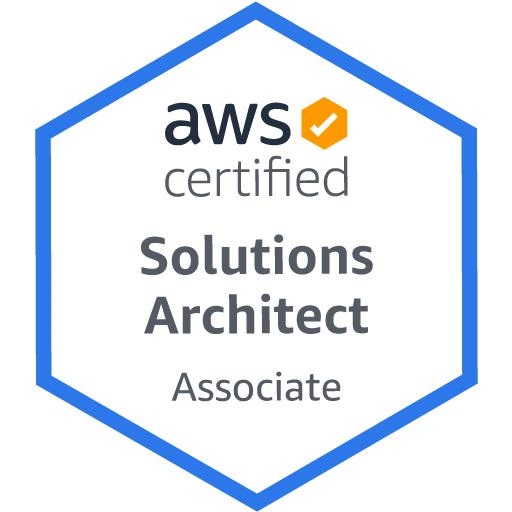As a researcher on cloud computing (and how to implement AI solutions on the cloud), I have been exploring the Amazon Web Services Platform. The beauty of the platform is the ease of use and the beautiful UI. You can use the web interface to deploy lots of services without the need to code or to use command line tools.
For machine learning, the AWS Sagemaker “provides every developer and data scientist with the ability to build, train, and deploy machine learning (ML) models quickly”. It has inbuilt algorithms, but it provides compatibility for scikit-learn, Tensorflow, PyTorch, Chainer, Keras, etc.
But this post is not about one particular service on AWS. I wanted to understand the entire ecosystem and architecture. From storage, to platform, to services, to users access and identity management. I wanted to understand how to build scalable and highly available applications.
The more I learned about the AWS platform, the more impressed I became. I had a discussion with a colleague who agreed with me, and said it’s because Amazon pays its engineers a lot of money. But it’s not just about money, there has got to be a vision behind it.
So I decided to study for the AWS Solutions Architect Exam. There are two levels: Associate and Professional. I don’t have the experience it takes take the “Professional” exam, so I registered for the Associate exam (luckily my company paid for it as it counts towards my professional skills). I took the exam on 17th March. I managed to pass the exam and got certified!
How I Prepared For The AWS Solutions Architect (Associate) Exam
After researching and Googling around, I used these three main resources to study for the exam:
- I took an AWS Solutions Architect course on skillsoft via their percipio platform available to corporate accounts. Hitachi has an account and we can use the platform to learn whatever we are interested in.
- I read the AWS Cheatsheets on digitaltraining.com and did the 80 free questions they have available. They also have some 500 practice questions that you can buy.
- It is important to actually do enough practice questions to guide you in the areas of testing. I saw some practice questions that are highly recommended on reddit. These practice questions on udemy.com are in the same format as the exam: 6 practice tests with 65 questions each. They are by a guy called Jon Bonso. I highly recommend these tests as well. They cost almost 5,000 but since I bought the course during the International Women’s Week, I got an 60% discount and paid ¥1,380.
What Next?
Next, I would like to same the same level of certification and understanding for the other major cloud providers: Google Cloud Computing and Microsoft Azure. In addition, I would also like to explore the Open Source Software (OSS) set. Then I would like to specialize in machine learning and big data applications.
Perhaps in future, I will transition from researcher to solution architect.

If you decide to move from researcher to implementer give me a call first 🙂
Congrats on the Certification!
All the best as you pursue the same for the Cloud solutions providers.